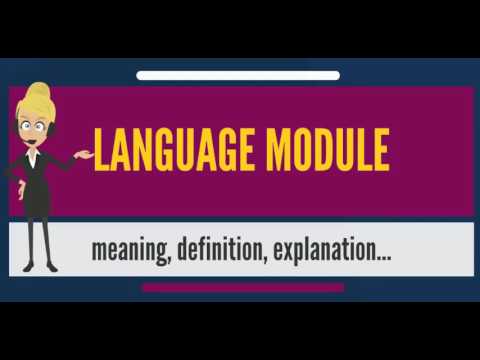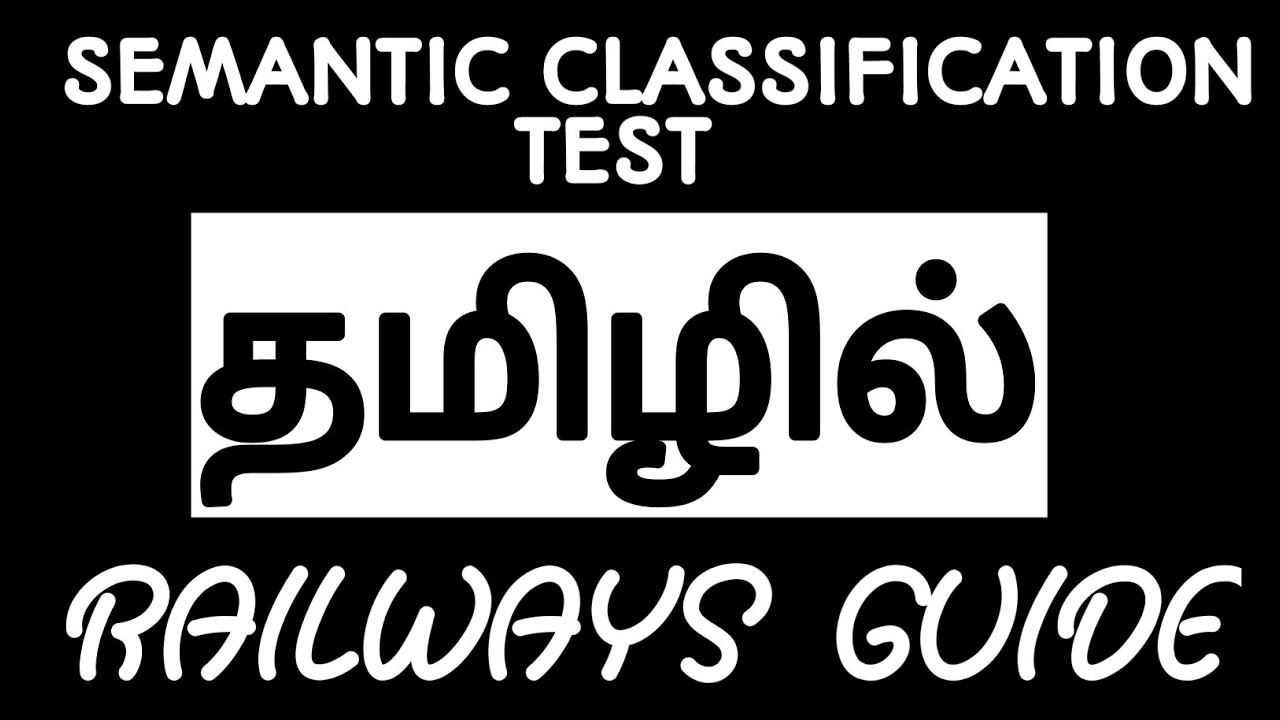The Audiopedia
What is LANGUAGE MODULE? What does LANGUAGE MODULE mean? LANGUAGE MODULE meaning – LANGUAGE MODULE definition – LANGUAGE MODULE explanation.
Source: Wikipedia.org article, adapted under https://creativecommons.org/licenses/by-sa/3.0/ license.
Language module refers to a hypothesized structure in the human brain (anatomical module) or cognitive system (functional module) that some psycholinguists such as Steven Pinker claim contains innate capacities for language. There is currently ongoing debate about this in the field of cognitive science (psycholinguistics) and neuroscience (neurolinguistics).
The debate on the issue of modularity in language is underpinned, in part, by different understandings of this concept. There is, however, some consensus in the literature that a module is considered committed to processing specialized representations (domain-specificity) (Bryson and Stein, 2001) in an informationally encapsulated way. A distinction should be drawn between anatomical modularity, which proposes there is one ‘area’ in the brain that deals with this processing, and functional modularity that obviates anatomical modularity whilst maintaining information encapsulation in distributed parts of the brain.
The available evidence points towards no one anatomical area solely devoted to processing language. The Wada test, where sodium amobarbital is used to anaesthetise one hemisphere, shows that the left-hemisphere appears to be crucial in language processing. Yet, neuroimaging does not implicate any single area but rather identifies many different areas as being involved in different aspects of language processing (Raichle, 1998) and not just in the left hemisphere. Further, individual areas appear to subserve a number of different functions (Raichle, 1998). Thus, the extent to which language processing occurs within an anatomical module is considered to be minimal. Nevertheless, as many have suggested, modular processing can still exist even when implemented across the brain; that is, language processing could occur within a functional module.
A common way to demonstrate modularity is to find a double dissociation. That is two groups: First, people for whom language is severely damaged and yet have normal cognitive abilities and, second, persons for whom normal cognitive abilities are grossly impaired and yet language remains intact. Whilst extensive lesions in the left hemisphere perisylvian area can render persons unable to produce or perceive language (global aphasia), there is no known acquired case where language is completely intact in the face of severe non-linguistic deterioration. Thus, functional module status cannot be granted to language processing based on this evidence.
However, other evidence from developmental studies has been presented (most famously by Pinker) as supporting a language module, namely the purported dissociation between Specific Language Impairment (SLI), where language is disrupted whilst other mental abilities are not, and Williams Syndrome (WS) where language is said to be spared despite severe mental deficits. More recent and empirically robust work has shown that these claims may be inaccurate, thus, considerably weakening support for dissociation. For example, work reviewed by Brock and Mervis and Beccera demonstrated that language abilities in WS are no more than would be predicted by non-linguistic abilities. Further, there is considerable debate concerning whether SLI is actually a language disorder or whether its aetiology is due to a more general cognitive (e.g. phonological) problem. Thus, the evidence needed to complete the picture for modularity – intact language coupled with gross intellectual deterioration – is not forthcoming. Consequently, developmental data offers little support for the notion that language processing occurs within a module.
Thus, the evidence from double dissociations does not support modularity, although it should be noted that lack of dissociation is not evidence against a module; this inference cannot be logically made. .



